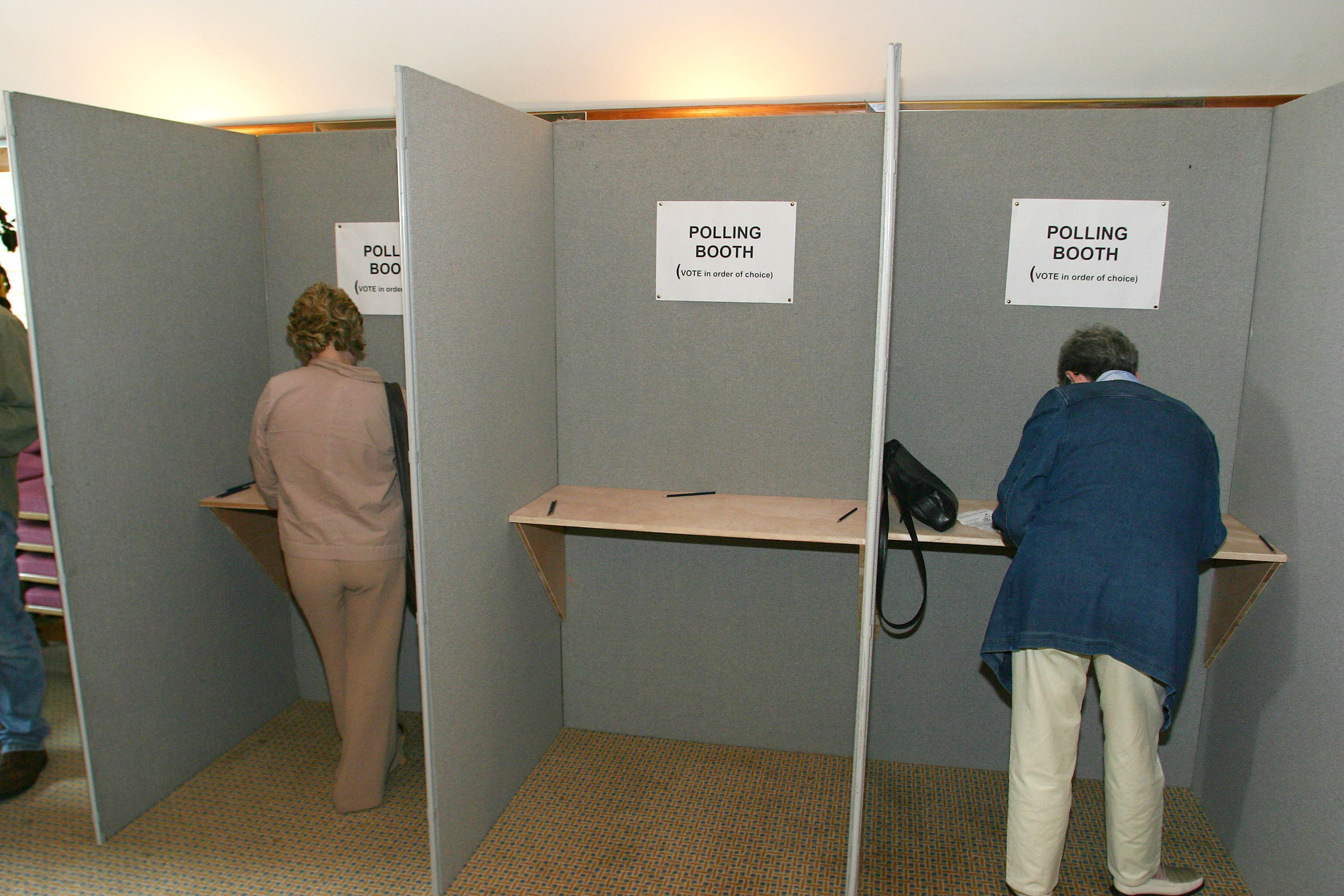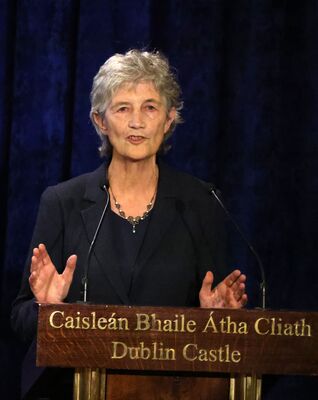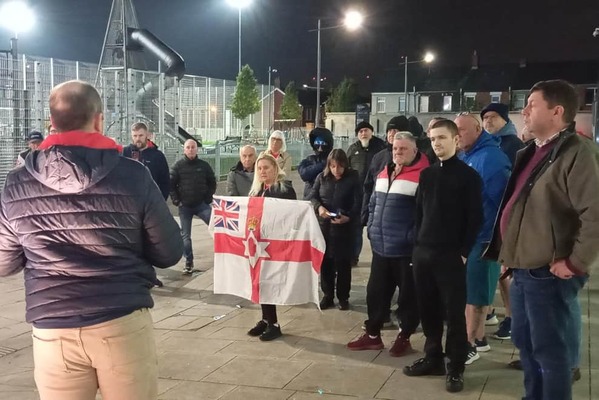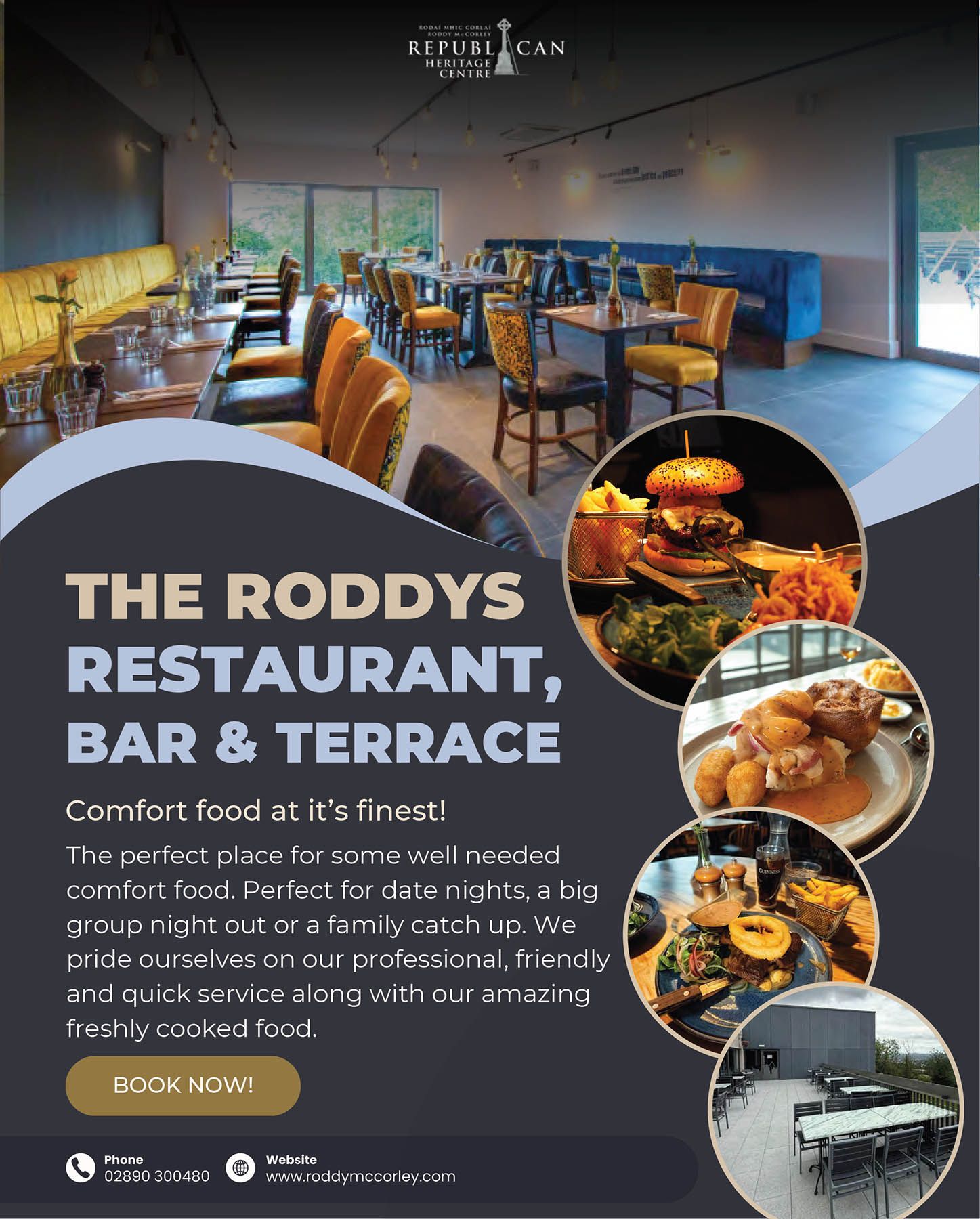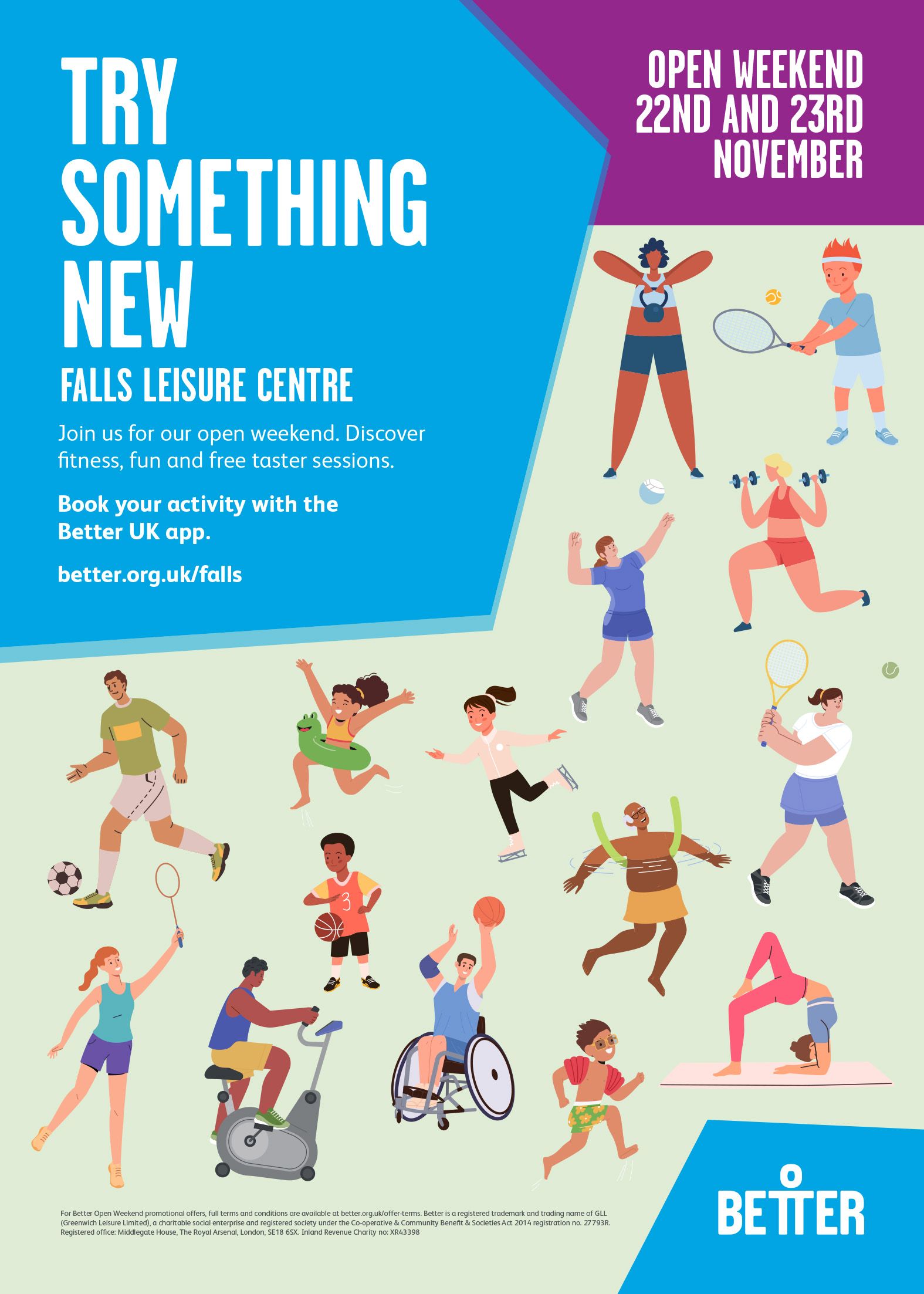THE border poll, when it comes, won’t be decided by people like me. My mind was settled on the national question a long time ago, and in that I’m one of the majority in these six counties. A shrinking majority, because that ‘Undecided’ slice of the polling pie gets a little bit bigger every time.
I would like to say that unionists should be preparing themselves for the end of the union, jostling and proselytising for the best outcome they can secure after the files are inevitably helicoptered out of Stormont Castle. Because that is going to happen – and when it does, it will happen like all major political developments with a brutal final rapidity that will surprise even the most hard-to-surprise. That is what I believe. But that invariably leads to an anger-driven refusal to listen or engage, so let me lower my sights very considerably and say instead that unionists are looking in the wrong direction if they want either to strengthen the union or slow its demise. It’s not republicans like me they should be worrying about.
I’ve been blocked on Twitter by a few senior unionists who once upon a time were happy to go back and forth with me on this or that before they had enough and – rightly or wrongly – erased me from their social media Christmas card list. I regularly engage with other unionists who to their credit haven’t thrown the head up, but who – truth to tell – should be consciously uncoupling from people like me online and directing their persuasive powers to the estranged, the persuadable, the passive, the confused, the fed-up, the disillusioned, the needy.
All these and more are to be found in that burgeoning cohort of Undecideds whose existence is ignored by unionism while it pours political energy, resources and capital into noisy battles with people like Chris Donnelly, Joe Brolly, Emma DeSouza, Tom Kelly, Andrée Murphy, Sean Murray, and occasionally even me. I’m not saying that any or all of these people are incapable of being turned from the political path on which they are embarked, but I suspect it would take a hell of a lot more effort than it would be worth.
The reasons why people have not made their minds up about the single most important question facing us on this island are as diverse and complex as the people themselves. (Unless you’re in the Alliance Party, in which case you haven’t come out on the national question because it makes Naomi sad.) But what’s not hard to understand, what’s as clear the signs on the Eleventh Night boneys, is that the past week has either created a lot more Undecideds, or created a lot fewer.
The Highfield bonfire spells it out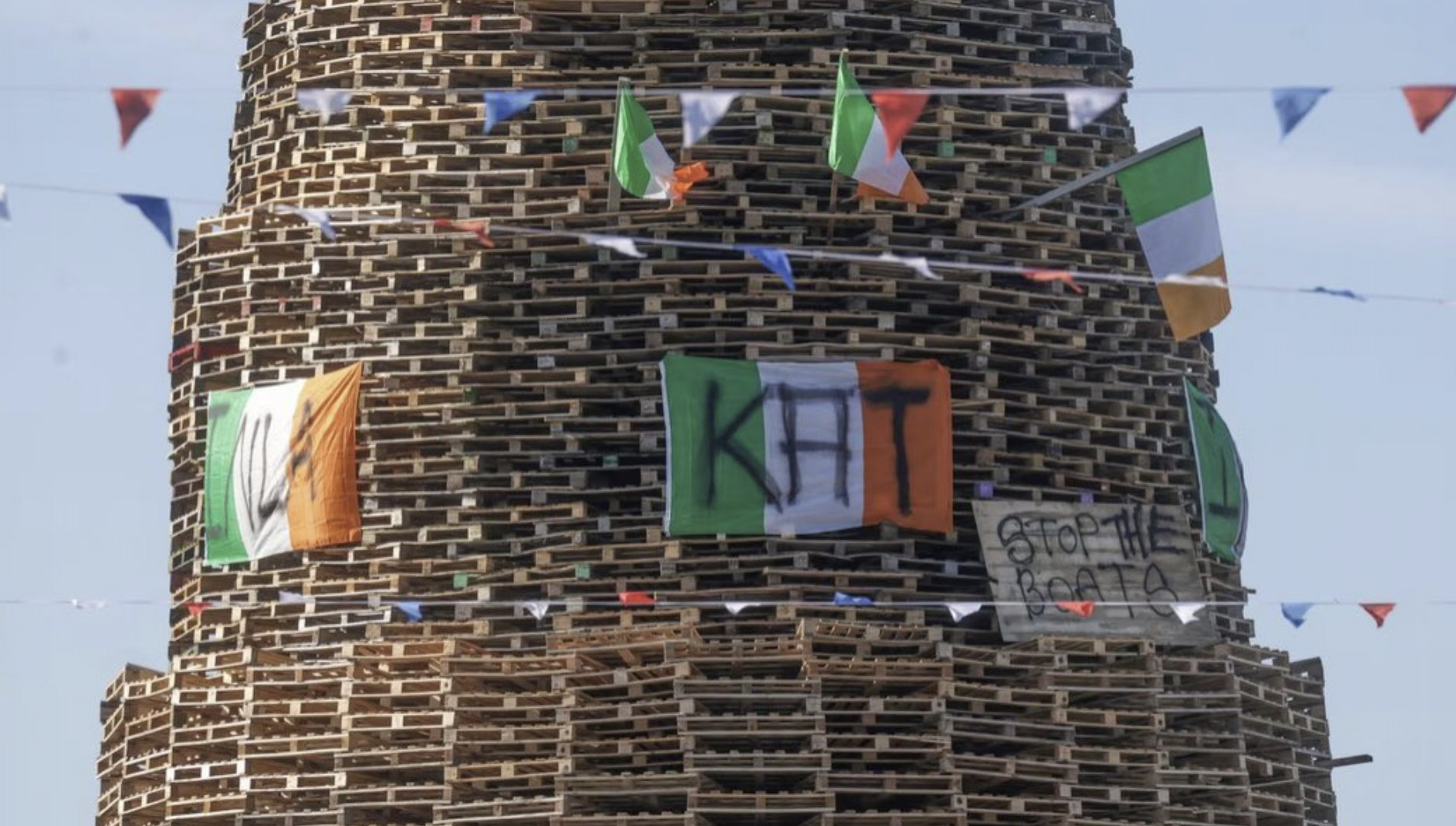
Let’s do this first. Let’s assume that everything that unionist leaders say every year around this time is true. Let’s assume that I and people like me are interested only in damaging unionist culture. Let’s say that there is indeed a concerted campaign to denigrate everything that unionism and loyalism hold dear. Let’s go all-in on the idea that the Eleventh Night and the Twelfth are victims of a grand rebel conspiracy.
I’m not suggesting that every Undecided is a deep thinker, a philosopher, a gentle soul who frets endlessly about how the decisions they make will impact on others. But it is – is it not? – fair to say that Undecideds are generally more racked by doubt than your average Jo. And what, we ask ourselves, might those Undecideds think of what they’ve seen in the past week (remembering of course that we’ve agreed to agree that the republican hordes have been at their work too)?
What does someone concerned about the future think of the prospect of a lifetime of loyalist summers like the one we’re in the middle of? What does a person like that think of more years of racist and sectarian threats on bonfires? What does an Undecided think of the Billy Boys and No Pope of Rome as Belfast’s summer soundtrack, when Paris has jazz in Montmartre, Dublin has trad in Temple Bar and Madrid has Flamenco in the Plaza Mayor?
I wouldn’t argue that there are no brethren/sistren or parade followers who are cool on the union, because people are full of surprises; but I can say with a high degree of certainty that there aren’t enough for a five-a-side team. And running with the concomitant and informed assumption that the Undecideds are not big on the blood and thunder thing, we can carefully do another lap and assume that recent days have not done much to push them in the direction of the union.
All of which is to say that anyone with a titter of wit at the top of unionism has a big decision to make. To crack on with the pretence that no harm is done by the arse-clenchingly shameless scenes we witness every year because everybody knows a big republican boy did it and ran away. Or to acknowledge that this is an annual public relations skipfire that may well prove to have done more damage to partition than the IRA ever did.
The signs aren’t good. If ever there was an event calculated to force a rethink on the face that loyalist culture shows to the world it was the Donegall Road asbestos bonfire. Here was a simple, compelling argument on which we could all agree: It’s not a good idea to let children run about on a site containing material which might lead to a slow and painful death in later life. It might even have been viewed by the more thoughtful in the unionist/loyalist community as a face-saving way finally to reach an accommodation on the increasingly insane bonfire scene.
But no. The very uncertainty that demanded the immediate closure of the site was seized upon by community and political leaders as a reason to do nothing.
• It might make kids sick. Yes, but it might not.
• That pile of asbestos tiles might catch fire. Yes, but if we take a few rows of pallets off it might not.
• We’ve found loose asbestos all over the site and there might be more. Yes, but who found it and when and how did they gain access?
Next year we’ll be back to the more cosily familiar bonfire problems: Death threats, racist rants, falls and burns. And next year the Undecideds will again be either bigger in number or smaller. And none of those contingencies is good news for the union.

